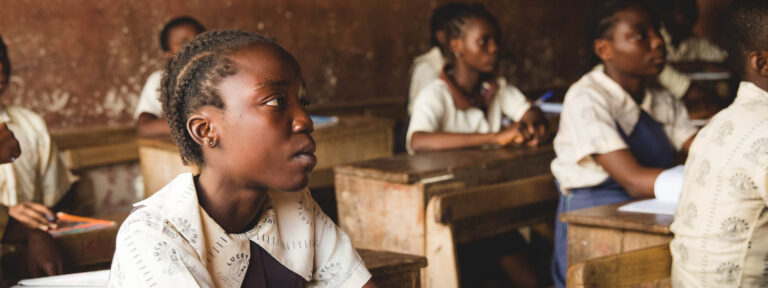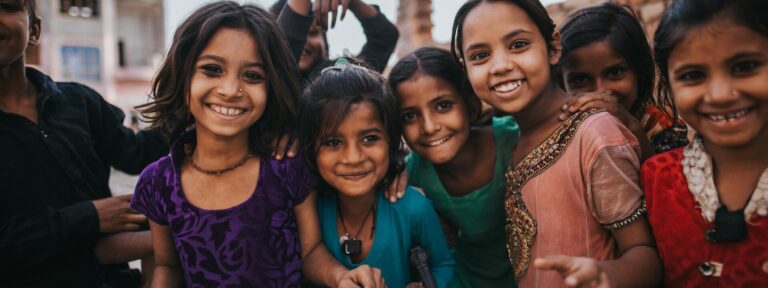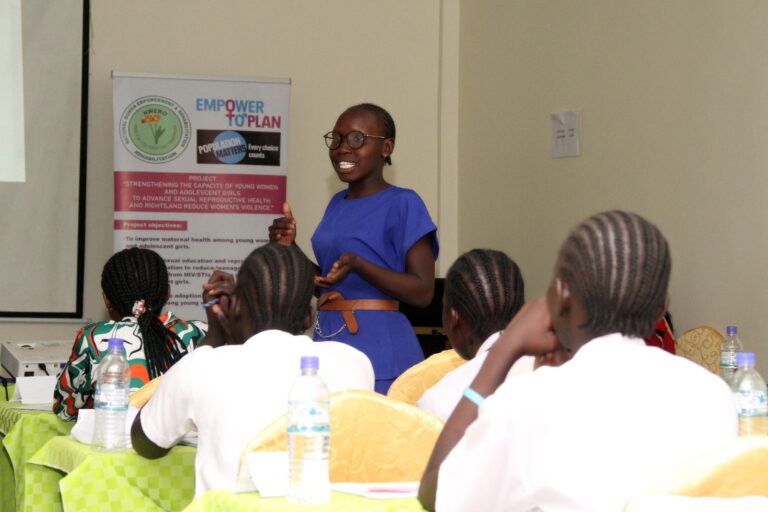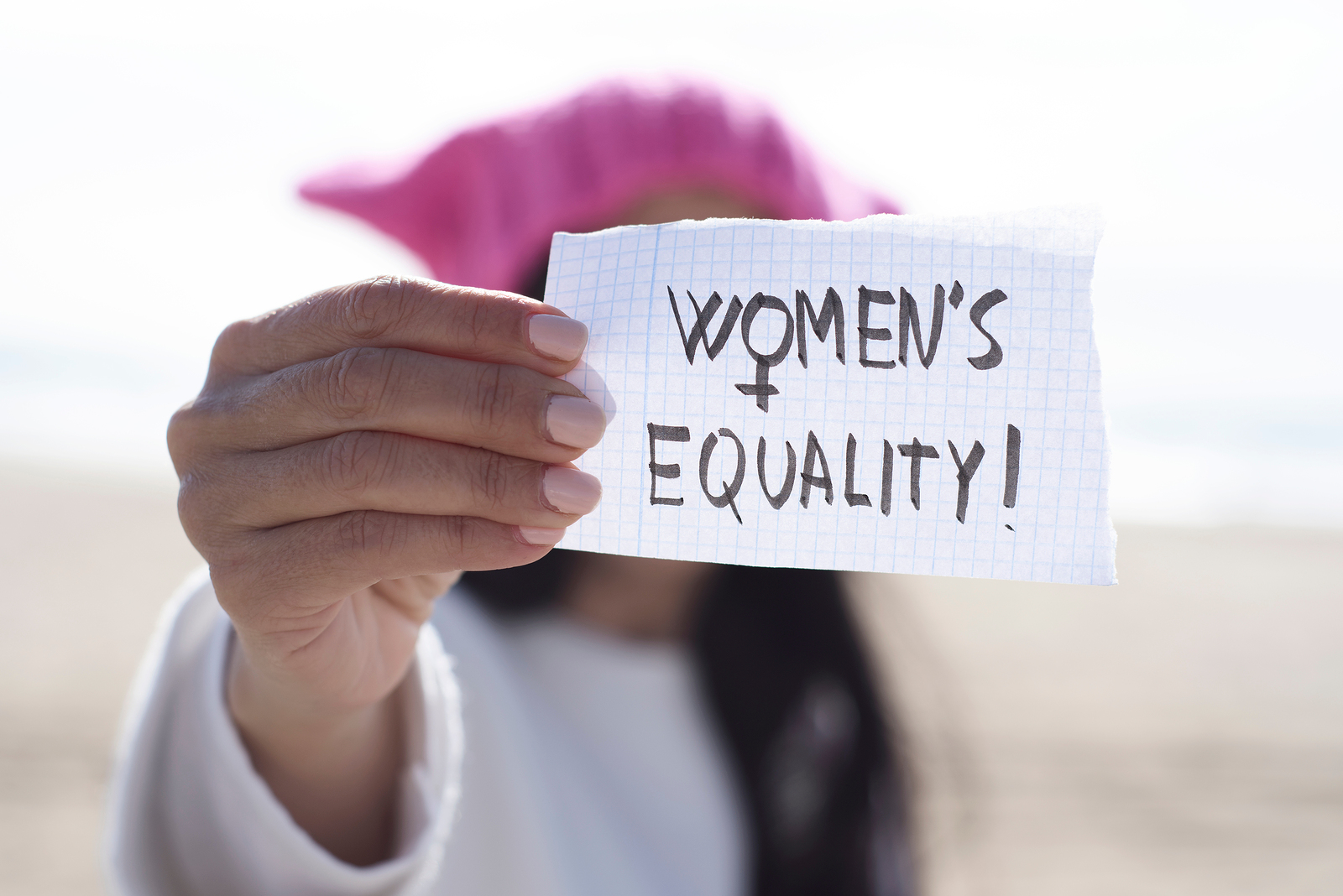
Womens Rights
Women across the world continue to suffer from gender inequality, including child- and forced marriage, gender-based violence, sexist policies, as well as barriers to participation in education and employment. Achieving gender equity globally is crucial to meeting development goals, reducing human suffering and solving our biggest environmental problems.
If we invest in girls and women, the world and all of the 17 Sustainable Development Goals will advance forward rapidly as a result.
Ashley Judd, actor and UNFPA Goodwill Ambassador
Barriers to equality
No country has yet achieved full gender equality and women across the world continue to suffer from discrimination and unequal rights and opportunities.
The situation is worst in countries where harmful patriarchal traditions, including child marriage and female genital mutilation, remain the norm. Globally, one in four girls does not attend secondary school and one in five girls is married before her 18th birthday. Child marriage robs girls of a bright future and brings a high risk of death and injury related to pregnancy and childbirth. In most low-income countries, a woman’s ability to determine the number and spacing of her children is limited or non-existent.
Even in many high-income countries, women often get paid less than men for the same jobs, face gender-based discrimination and violence, and suffer from misogynistic attitudes and sexist policies that restrict their autonomy over their own bodies.
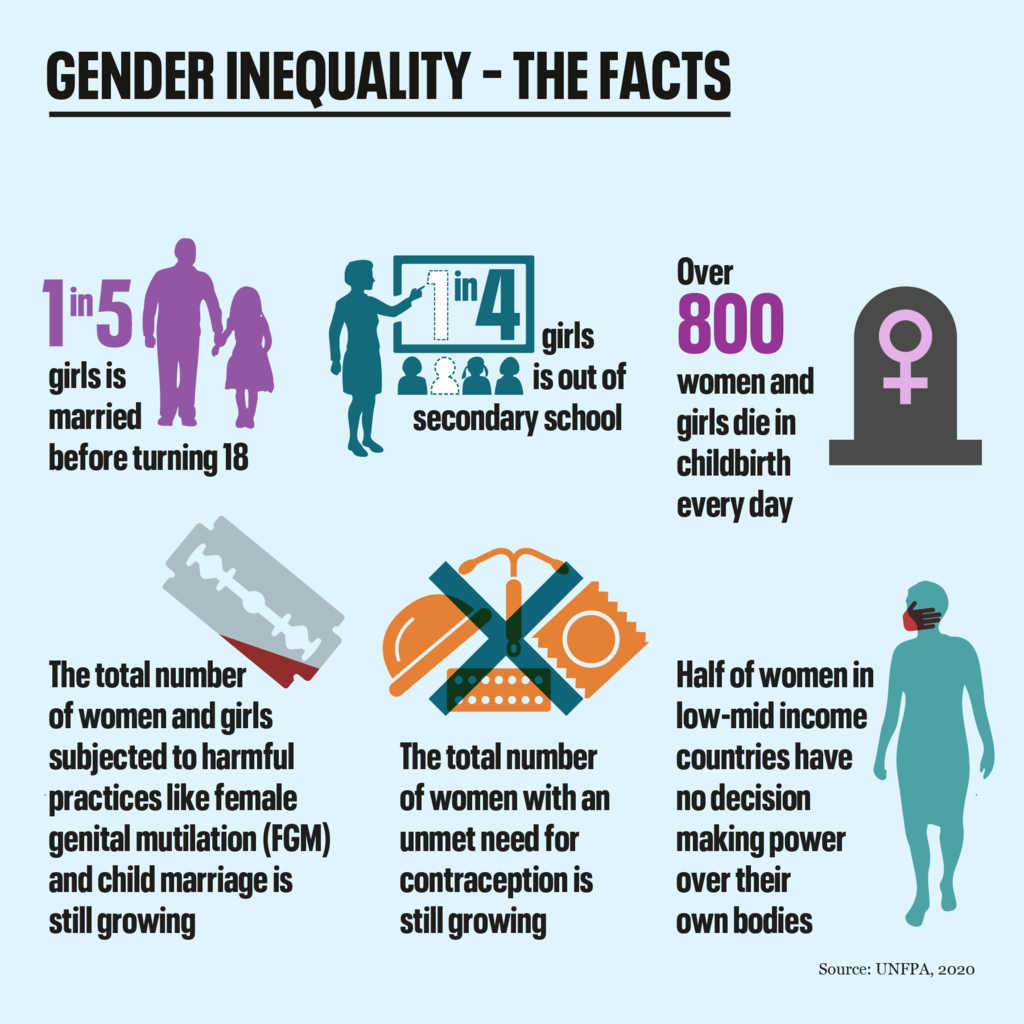
An equal world is a better world
Achieving gender equality will make the world a healthier, happier place and is crucial to making lasting environmental progress.
Population Matters is calling for women’s empowerment globally, including:
- Ensuring equal participation of girls and women in education and the work place;
- Ensuring women have sovereignty over their bodies, including unrestricted access to modern contraception and abortion;
- Ending the practice of child- and forced marriage, which violate girls’ rights to a healthy, fulfilling life;
- Ensuring women have full equality under all laws and ending all policies that disadvantage women;
- Eliminating patriarchal attitudes and behaviours that cause women to suffer and that prevent them from accessing positions of power;
- Providing adequate parental leave and childcare opportunities that enable women to have the same unhindered career progression as their partners.
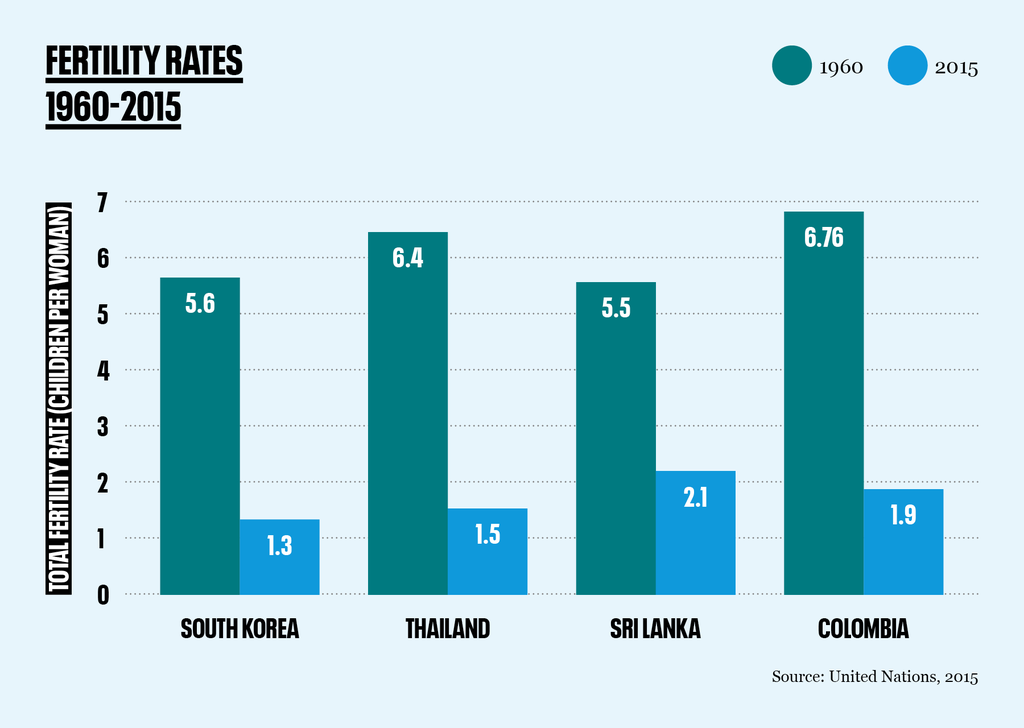
Reproductive health and rights
Poor reproductive health is a leading cause of illness and death for women in developing countries. According to the United Nations Population Fund (UNFPA), some 830 women still die every day from pregnancy or childbirth complications, and these remain the primary cause of death for 15-19 year-old girls globally. Within relationships, women often have very little control over which contraception methods they use (if any), and are often powerless in protecting themselves against sexually transmitted infections, including HIV. While family planning services and attitudes towards them are improving, they remain inadequate. Even in developed nations, unintended pregnancies remain common while sex education and family planning are under threat from regressive policies and funding restrictions.
UNFPA estimates that more than 200 million women in developing countries have an unmet need for modern contraception, meaning they do not wish to become pregnant but are not using safe and effective contraceptive methods. In fact, this number is still increasing due to family planning services not keeping pace with rapid population growth in the most vulnerable areas.
Even where contraception is readily available, uptake and use are limited by lack of information and cultural acceptance, resistance from male partners and affordability. As well as facilitating universal access to modern contraception, quality health care and good information, we must overcome harmful socio-cultural barriers to responsible family planning.
A neglected crisis
In 2019, the UN estimated that it would cost $264 billion to end the worst gender injustices: violence against women and girls, child marriage, female genital mutilation, preventable maternal deaths and the unmet need for contraception. So far, only 16% of the required funding has been pledged. Without more funding, we cannot expect to make good progress in the fight against gender inequality. World leaders and funders must step up, and a lot more needs to be done to raise awareness of the issue across all sectors – there is no aspect of human society that would not hugely benefit from the empowerment of women and girls.
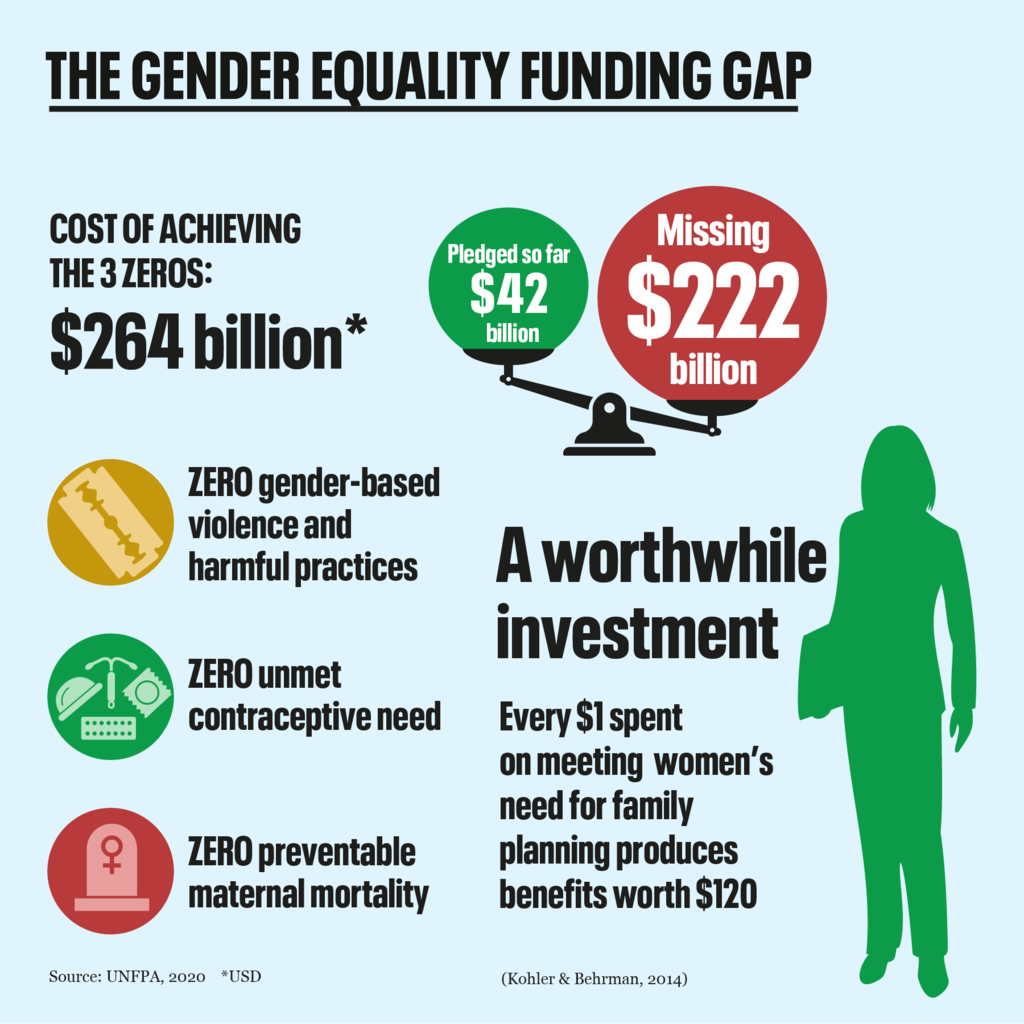
Empowering women in Kenya: Dandelion Africa
Empower to Plan
Population Matters’ Empower to Plan initiative supports select grassroots organisations around the world in delivering vital family planning services to women in need.

Test your knowledge on gender (in)equality!

How much do you know about the gender inequality crisis? Find out with our quiz.
Read our latest news about women’s rights
You can find all the latest updates on this topic at the link below.

